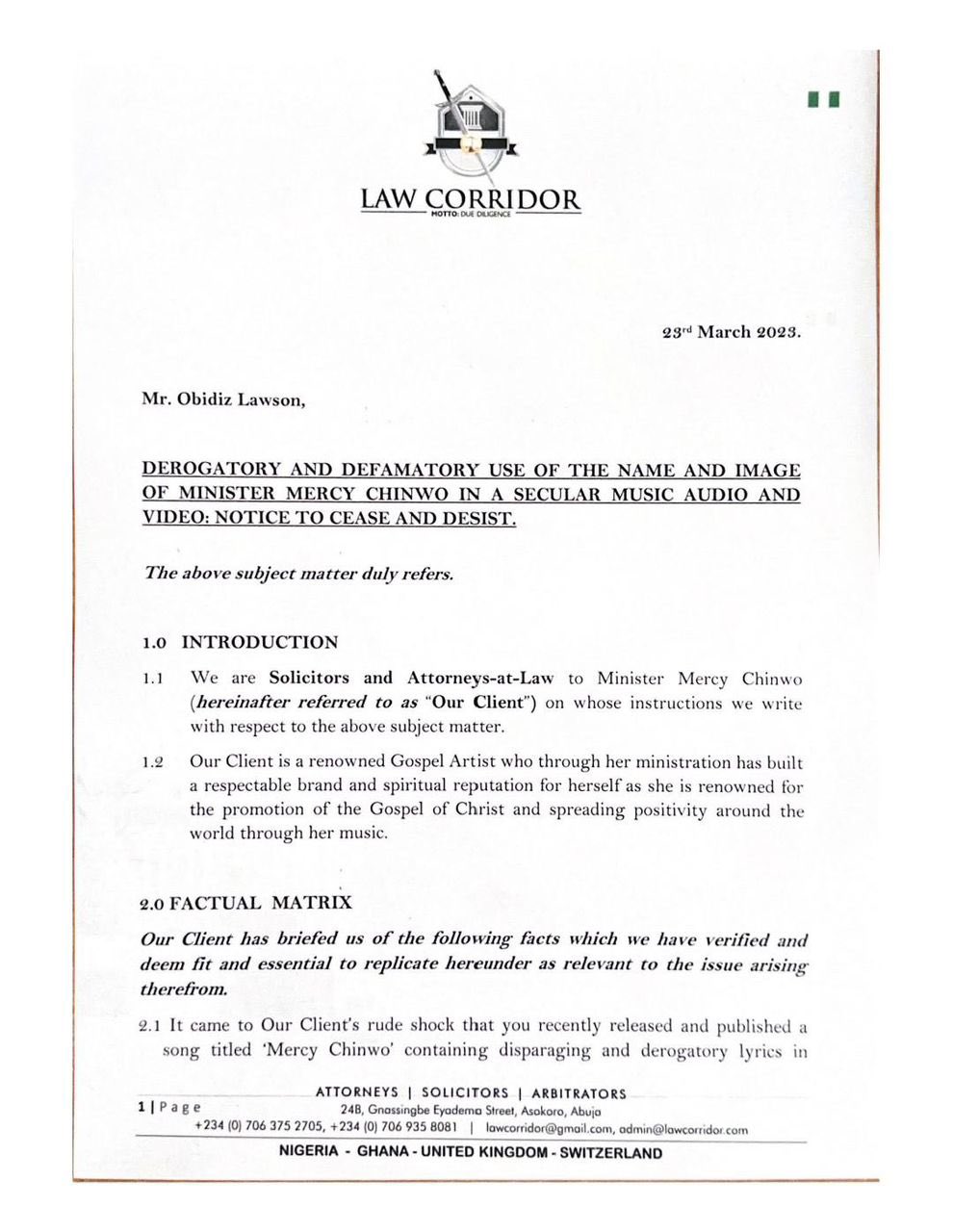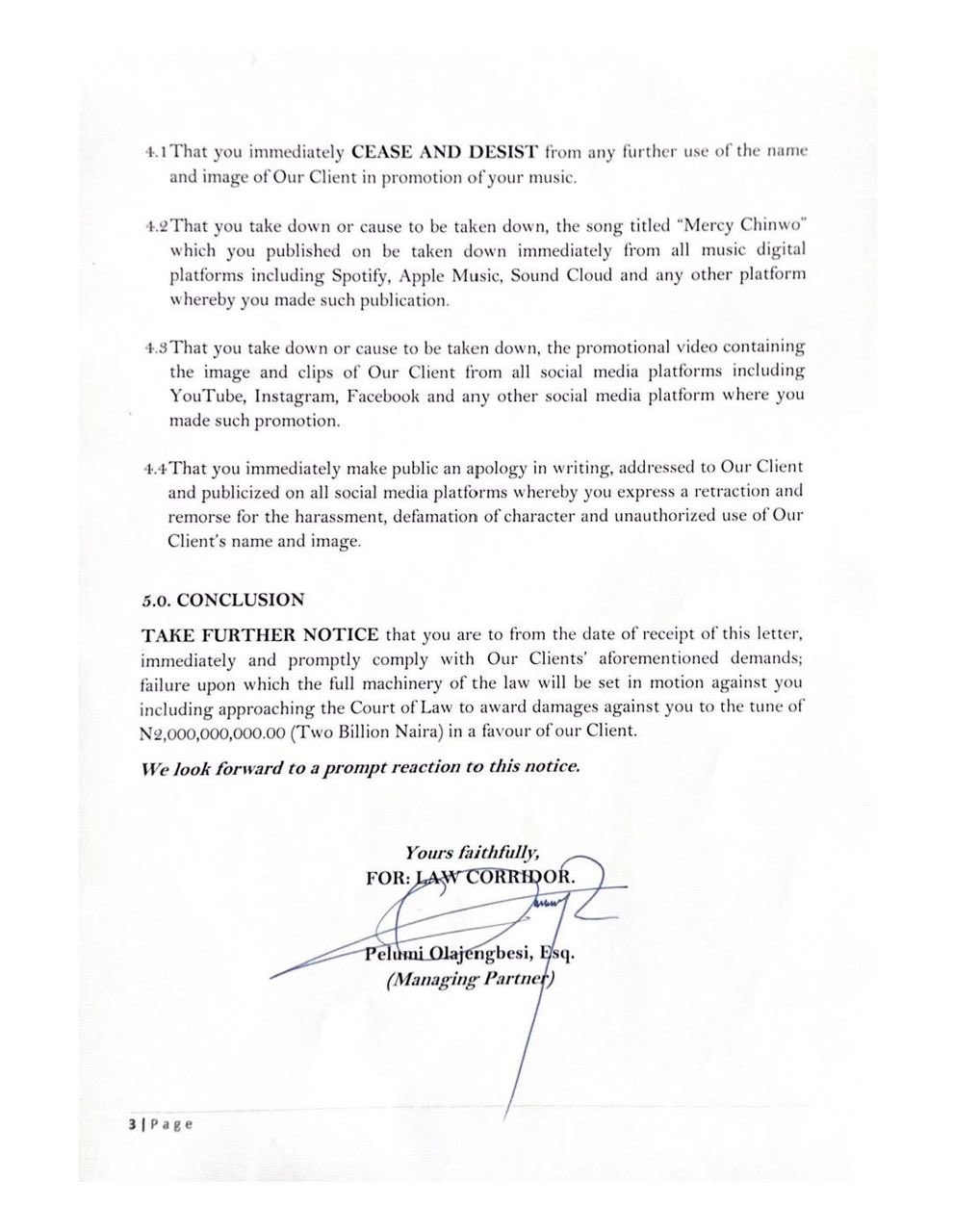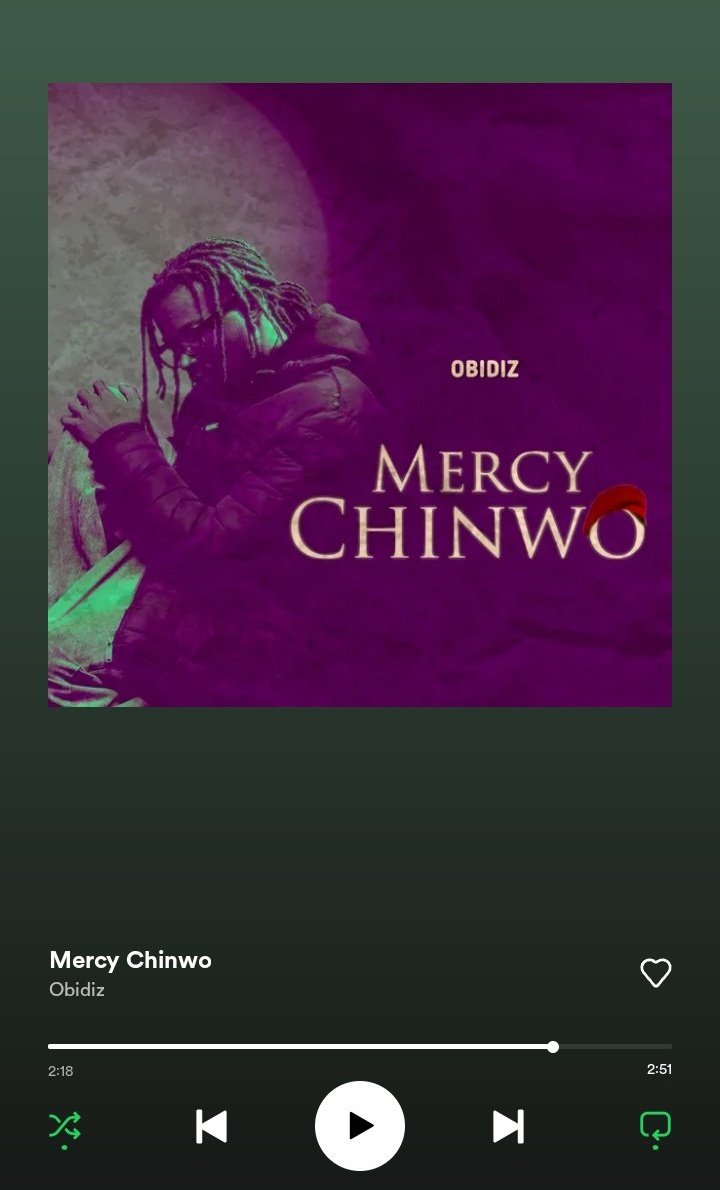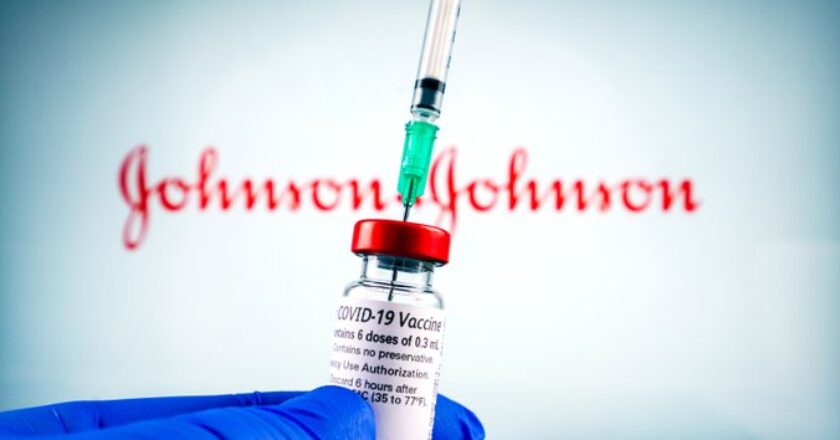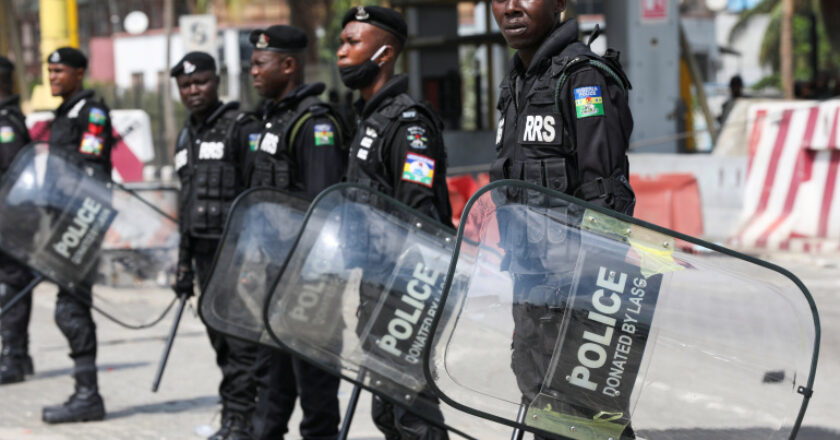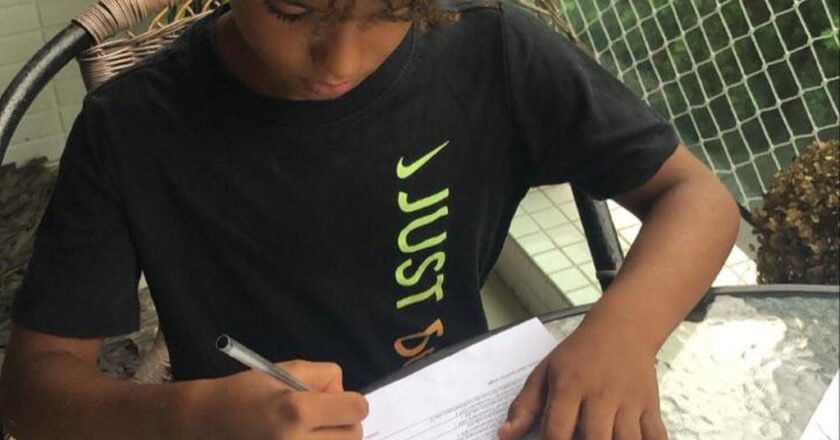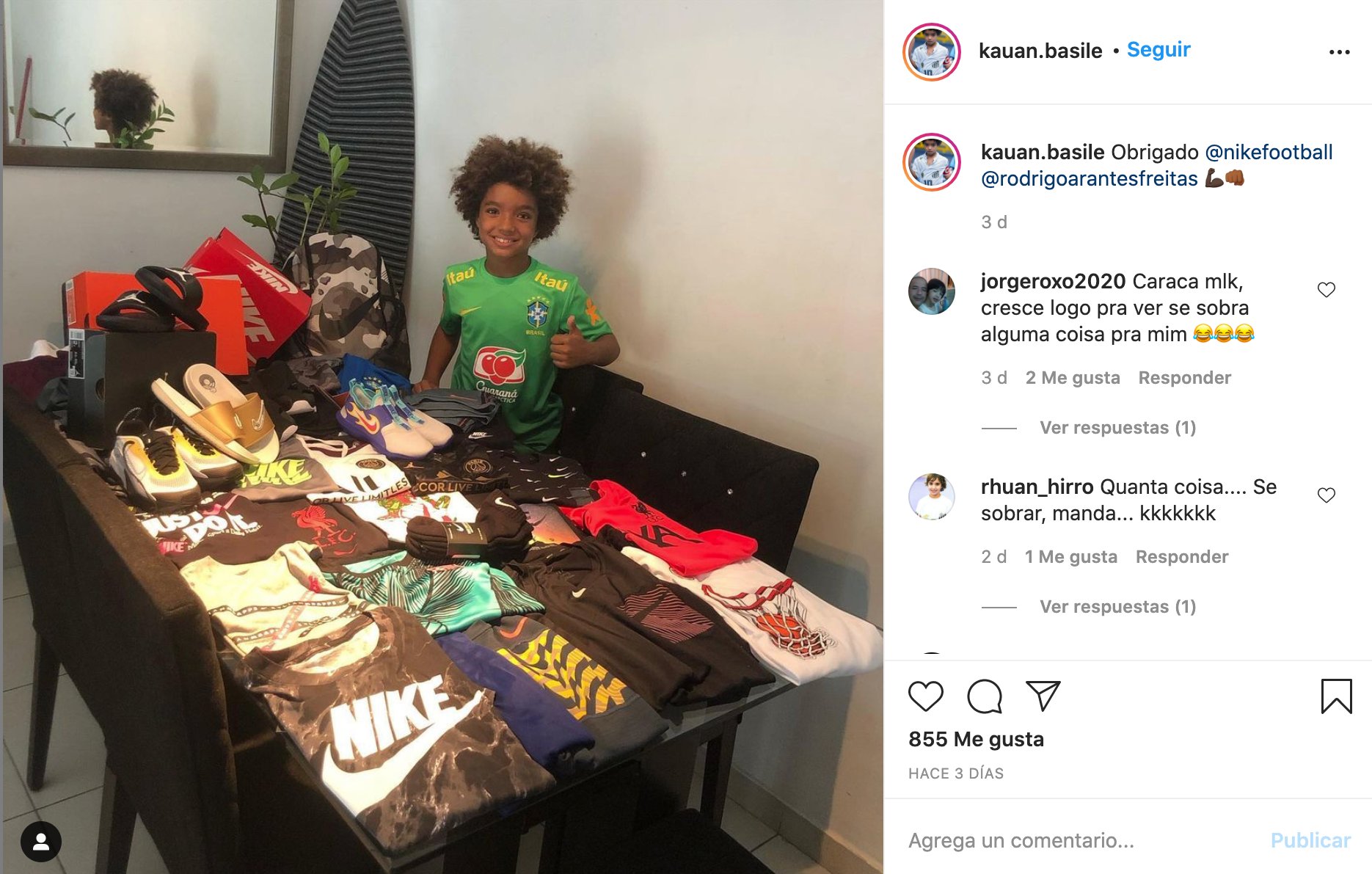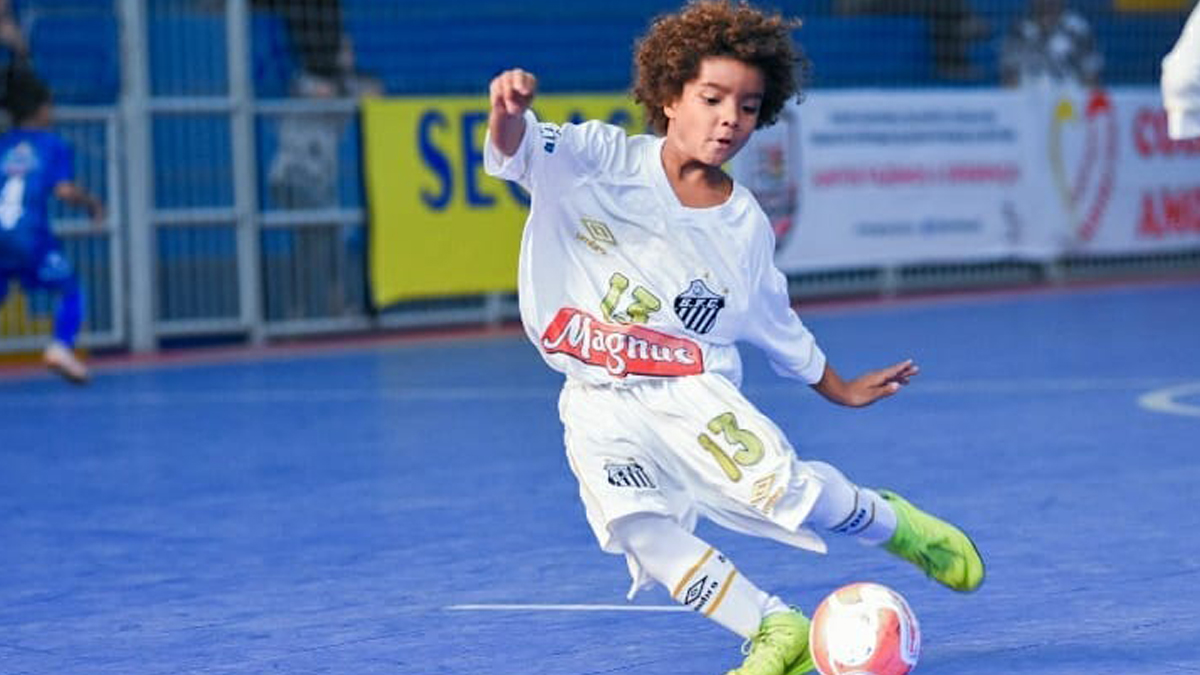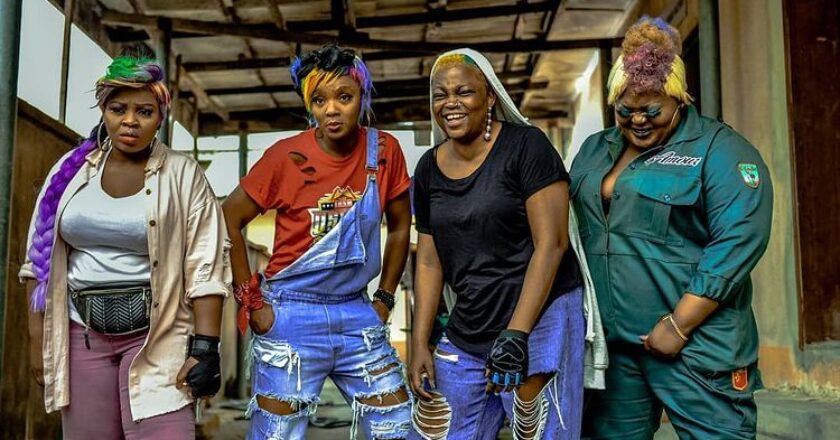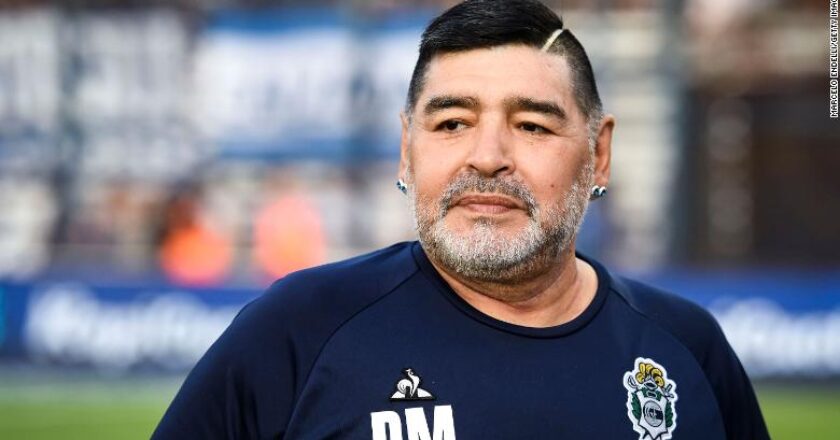Now is an important time for the print industry. It’s a time of change and where new and emerging technologies are influencing its future. The print industry is unique and has developed over many years, transitioning from analogue to digital technologies, but there’s still so much more to come. For it to continue to grow and transform, we need fresh ideas and out-of-the-box thinking. And one way that we can support this growth is to attract the next generation.
Print to you and me is a range of innovative applications that we interact with within our daily lives. However, print to someone who doesn’t know print’s full capabilities or creative potential could be seen as just a book or a poster you put up on your wall. Those outside of our industry don’t realise all that ‘print’ encompasses – everything from a calendar to instruction manuals, or wallpaper to window graphics. In fact, everything you read that is not on a screen (besides a handwritten letter) is printed. But if this is the perception of print, then how do we attract new and young talent to fuel future innovation?
Print is more than just a word
We know that print is rapidly advancing due to new technologies such as automation, augmented reality and robotics, and it’s these additions that present the opportunities for new talent.
In order to attract the future workforce, we need to re-look at the term ‘print’. What does it actually mean? For me, the word limits the scope of what print really is – it’s purely the output of what we do. And it’s impossible to encapsulate what our industry can do with just one word.
The magic of the industry is the end-to-end journey behind it including software, hardware, finishing etc. It should be positioned as a creative technology industry and this is what we need to bring to the fore to attract the next generation.
Young people today are digitally savvy, having grown up with smart technology at their fingertips. Some of them see print as old-fashioned and not ‘sexy’ like digital. So, we need to combine new technologies that they’re au fait with – and perhaps that they wouldn’t necessarily relate to print – in order to appeal to them. We need to speak their language and show them the strong role that print has to play alongside these digital and virtual platforms, and how they can be part of its exciting future in bringing the two more closely together.
Attracting the future print workforce
With a perception outside of the industry that print is dying, why would someone starting their career want to work in, what appears to be, a doomed industry? What they don’t know is that there are so many opportunities for growth – it is not a dying industry, but one that is constantly evolving. And it has huge creative and technology innovation potential.
One of the things I noticed when beginning my career in print, is that it offers such scope for variety, bridging the gap between popular career routes such as technology and marketing. My background is in mechatronics engineering and I’ve been able to transfer these skills and apply them to new digital print technologies such as robotics and automation. Today’s digital printing devices integrate significant levels of automation to control virtually every aspect of production, thus changing the skill sets now required to operate these machines.
As a product manager in cut-sheet toner, I need to understand the technology behind the performance – but I also need to understand how to explain this technology in terms of benefits to the customer – the print service provider – and the customer’s customer – the print buyer. And this is where the skills I have developed through achieving a Master of Business Administration (MBA) degree have helped in my conversations with customers to explain how to sell and market the technology and the role that print plays in helping them to grow their business.
There are so many different career avenues within the print industry where skills can be deployed – creativity and design, data analytics, technology, engineering, business development, customer loyalty, marketing strategies – whatever their skills, they could find a match within the print.
We need to explore more engaging ways to relate print to younger generations’ hobbies and interests. Take someone who is interested in sport, for instance. They probably don’t know about all of the huge opportunities for print at just one sports stadium – from tickets to flyers to graphics. If they have a passion for fashion, they could get involved with fabric printing or textile design.
Or perhaps one young individual is considering a career as a data analyst. They could be the brains behind a revolutionary software solution that integrates brand-customer relationship management systems with print.
Love to travel? With a calendar of global print and packaging exhibitions and customers located around the world, there’s plenty of opportunities to explore new cities and countries.
The onus is on us, the print industry and large vendors, like Canon, to get out and in front of the younger generation. Attend trade fairs, work with colleges and universities or why not even send personalised print directly to their doors? We need to be in front of them to show them what print is really capable of; demonstrate how they could be part of this evolving industry and how they can contribute to the future of it.
Innovate with new talent
Time and time again I’m told that I’m still ‘new’ to the print industry, whereas, in any other workplace, three and a half years isn’t considered a short period of time. This demonstrates that it’s rare for people from other industries to start working in print and proves the need for our industry to cast the net wider when looking for new talent.
The advantages of hiring from within our industry are clear – people know the markets, competitors and technology. However, all this knowledge can be learned, we can help teach new recruits. And the good news is that younger generations are quick to adapt, so we need to begin imparting our knowledge to help build the print generation of the future.
We know that it’s a combination of people and technology that bring about change and innovation. Technology is rapidly evolving, so now is the time to integrate new talent with new ideas and perspectives to not only enhance digital print technology but also evolve print’s role in the future.
The benefit for us? They will bring innovation and fresh ideas, which will help us change our ways of working, for the better, and position print as an exciting medium that won’t be disappearing anytime soon. Now, more than ever is time to be a part of this creative technology industry and re-shape its future.

